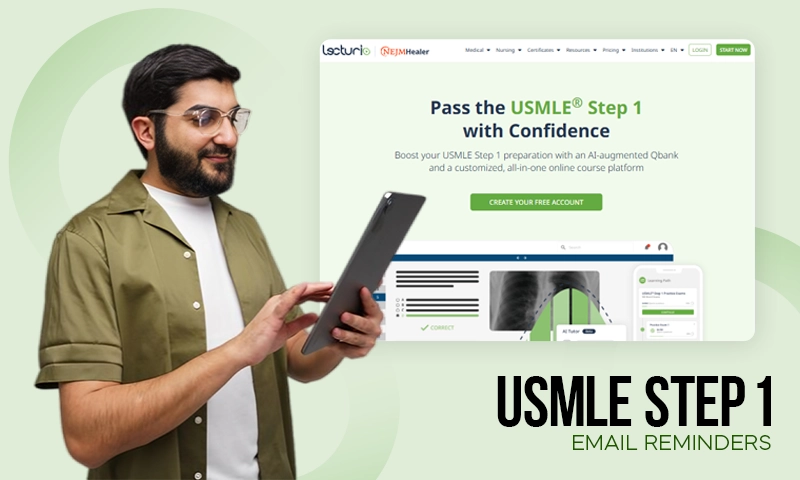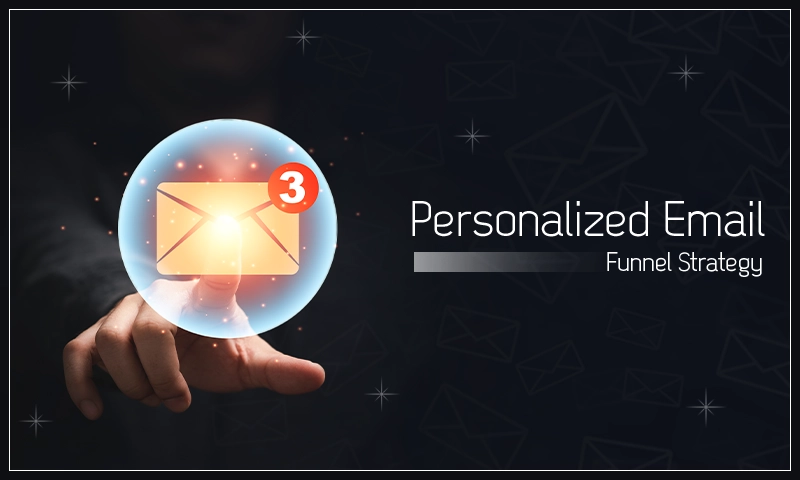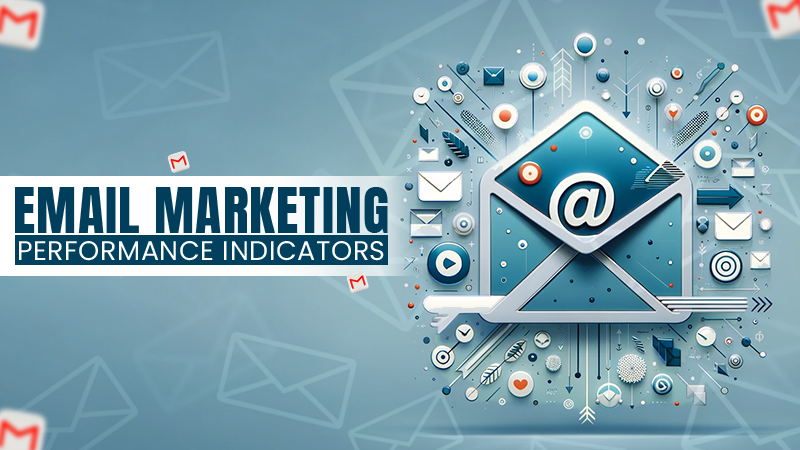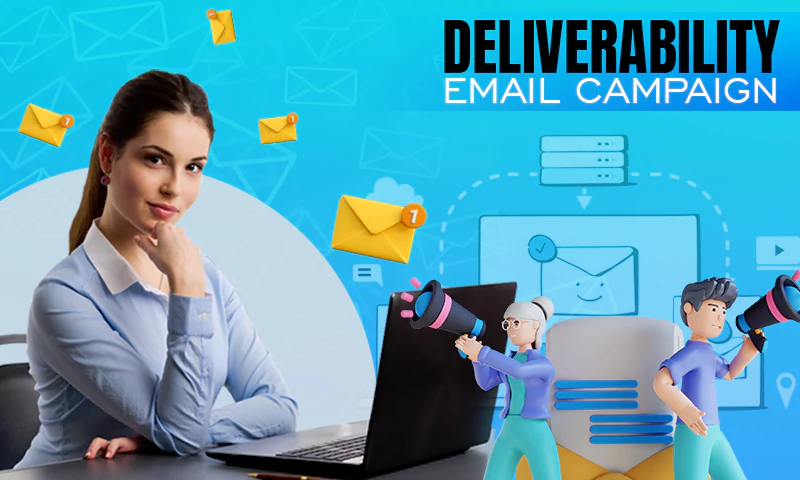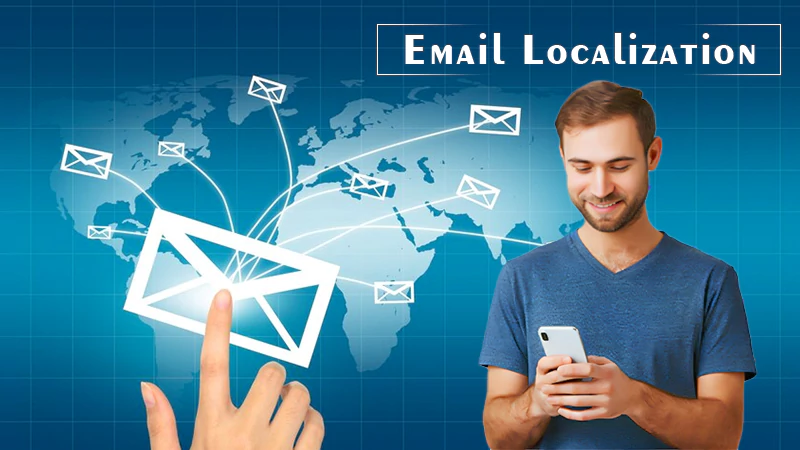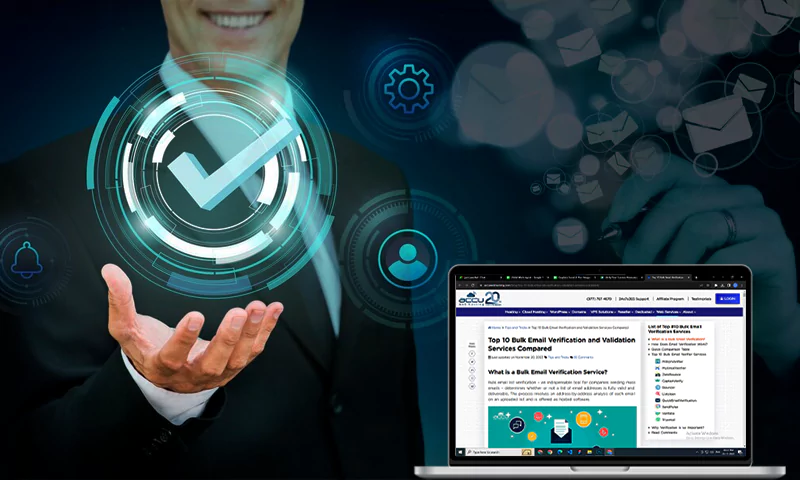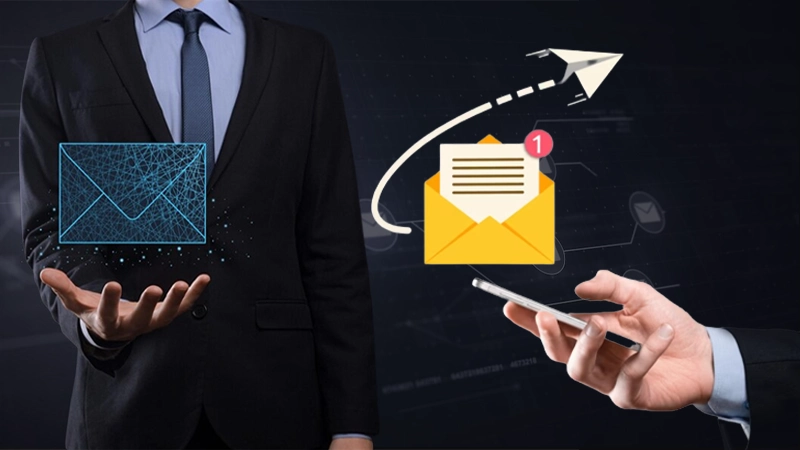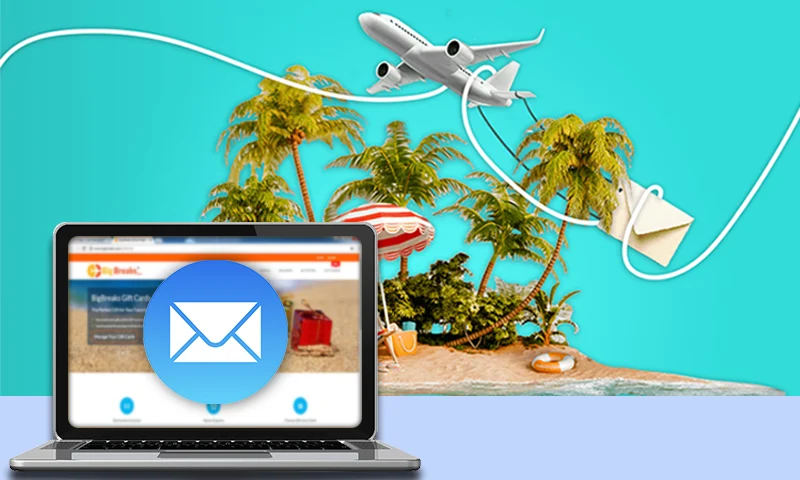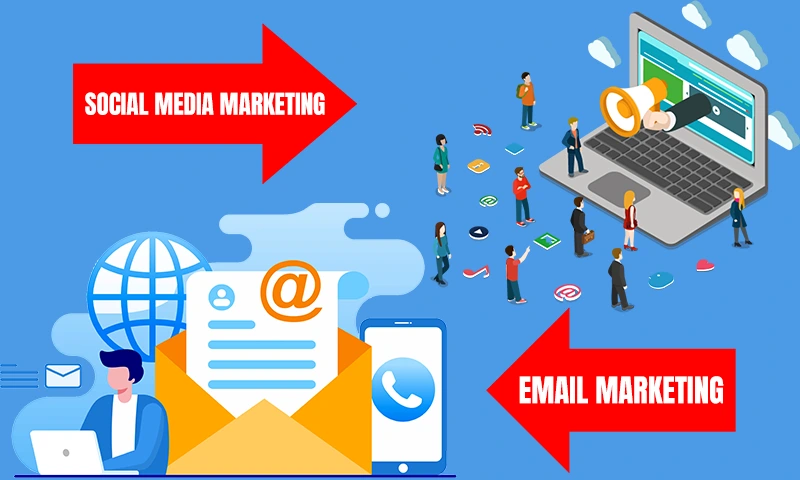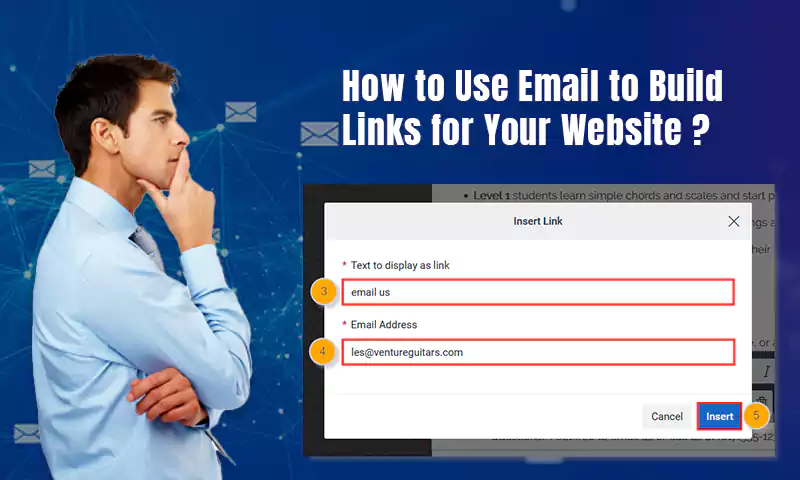Essential Security Guide for Your Email Marketing Campaign
Of all the marketing mediums, E-mail is the most flexible. It is one of the best places to contact your ideal customers and generate leads. However, marketing E-mails are becoming the most popular target for hackers due to their importance and popularity among companies. Both customers and brands are predicted to be exposed to harm since they hack crucial personal information.
Despite its widespread use, businesses often ignore customer data privacy issues. Your E-mail readers have confidence in you about their private information, including names, bank accounts, and credit card numbers. As a result, you should be cautious about security requirements since any security gap might expose customer personal data to online dangers. You should make sure that e-mails are safe and secure from any virus.
Moreover, your product and campaign have already flopped if you cannot ensure the safety and security of your subscribers’ e-mails. Complex cybercrimes are becoming more prevalent every day. Therefore, every e-mail advertiser needs a robust e-mail cybersecurity guide to prevent these situations.
Before jumping into the guide, let’s explore some of the major threats you might face while running your e-mail marketing campaign.
Some Typical Threats In Email Marketing
Following are some common cyber-attacks that pose severe threats to your marketing initiatives:
Scams
E-mail scammers are one of advertisers’ and e-mail readers’ worst fears. The emergence of more intelligent and inventive scamming methods shows no signs of abating soon. As a result of this assault, e-mails are hacked, receivers lose faith in the company, and they stop believing them.
Malware
Malware refers to various factors that might harm software or cause system disruption, including adware, clipboard manipulations, viruses, Trojan horses, spyware, etc. Malware may contain a seemingly harmless link that can ruin your entire e-mail marketing campaign and collect client data that is difficult to fix.
Phishing
Phishing assaults severely harm businesses and their clients. Attackers readily steal victims’ personal and financial information due to these social engineering schemes. Once taken over, they can seriously damage your company and expose it to risk.
Spoofing
Spoofing is creating e-mails that look like they were sent by a legitimate business rather than a cybercriminal. These crooks frequently produce copies of e-mails from well-known brands. They even create a replica of the landing pages the company utilizes. This way, spoofing attempts to take or conceal an identity to make malicious action possible.
Essential Security Guide For Your Email Marketing Campaign
Although you can use any VPN service like NordVPN to secure your data, however, you must familiarise yourself with essential security tips to make your marketing e-mail campaign secure. Knowing more about them will make you more conscious of how to encounter a problem and put a stop to it.
Educate the Public
You can combat security threats since you know the dangers of living online, but what about your clients? Informing your clients about cybercrime is beneficial for both clients and your e-mail marketing strategy. Inform them of security breaches and online frauds, and explain the steps to avoid them. You can caution people against opening attachments and links from suspicious sources, even if they appear harmless.
Include Disclaimers
Recipients can recognize the warning signs in future faked e-mails if they ever get them if you add disclaimers to the bottom of your e-mails. You can add information for your clients mentioning that you would never ask for financial or other sensitive information via e-mail. A difference in a letter can trick recipients into thinking they are getting e-mails from you legitimately, even if you have e-mail authentication in place.
Keep Your Device Internally Clean
Keeping your internal systems and servers clean can help maintain your business’s positive image and the trust of the devoted consumers you’ve fought to win. What most people are unaware of is that a massive number of the most significant breaches and cyberattacks start inside a business, either as the consequence of a hostile employee or a social engineering incident. Therefore, creating your cybersecurity for your E-mail campaign should begin with cleaning your device.
E-mail Encryption
E-mails are not safe and end-to-end encrypted. Therefore, you must take extra precautions to protect your e-mails. Ensure that the intended recipient receives it. Your marketing e-mails might be encrypted in several ways. Here are a few ways to do it.
Although asymmetric encryption is difficult to use, it is efficient. To encrypt the message you deliver, you’ll need a public key. To decrypt the e-mail, your recipient will also require a key.
E-mail security can be improved by using e-mail encryption software. It can be hardware-based or cloud-based, albeit these options are pricey but very powerful.
E-mail Authentication
A simple technique to stop phishing assaults before they enter your customers’ inboxes is authenticating your e-mail. This is feasible because it “verifies” the sender’s trustworthiness by ensuring that the server that mails has the permission to employ the domain name given in the message’s header in the first place. Thus, E-mail authentication is a security mechanism for your E-mail marketing campaign.
Purchase Suitable E-mail Security Software
Your entire focus should be on ensuring the security of your e-mail marketing campaign, and this process needs to start from the very beginning. You must invest in the appropriate software if your internet service provider is vulnerable to cyber and other exposures; otherwise, you risk endangering the security of your business and your clients.
Conclusion
Securing your marketing e-mails from cyberattacks is crucial to safeguarding your customer relationships and brand reputation. You must always be vigilant because hackers are becoming more inventive and strategic. Thus, creating an e-mail marketing security strategy is essential. To help yourself read the above security guide for your E-mail marketing campaign and prevent your business from potential hackers and cybercriminals.
People Also Asked
What role does privacy play in the business world?
Privacy refers to the defense against outside disturbance. Having privacy is the absence of interruptions from others. It draws a line around the essential items and possessions you don’t want to share with anyone at all.
How are your business e-mails secured?
Make sure your computer’s anti-virus and anti-spy software are up to date. Before sending any e-mails carrying critical information, encrypt them. Never send or receive personal e-mails using your work e-mail account. Moreover, never automatically forward business e-mails to an external e-mail server.
Share



